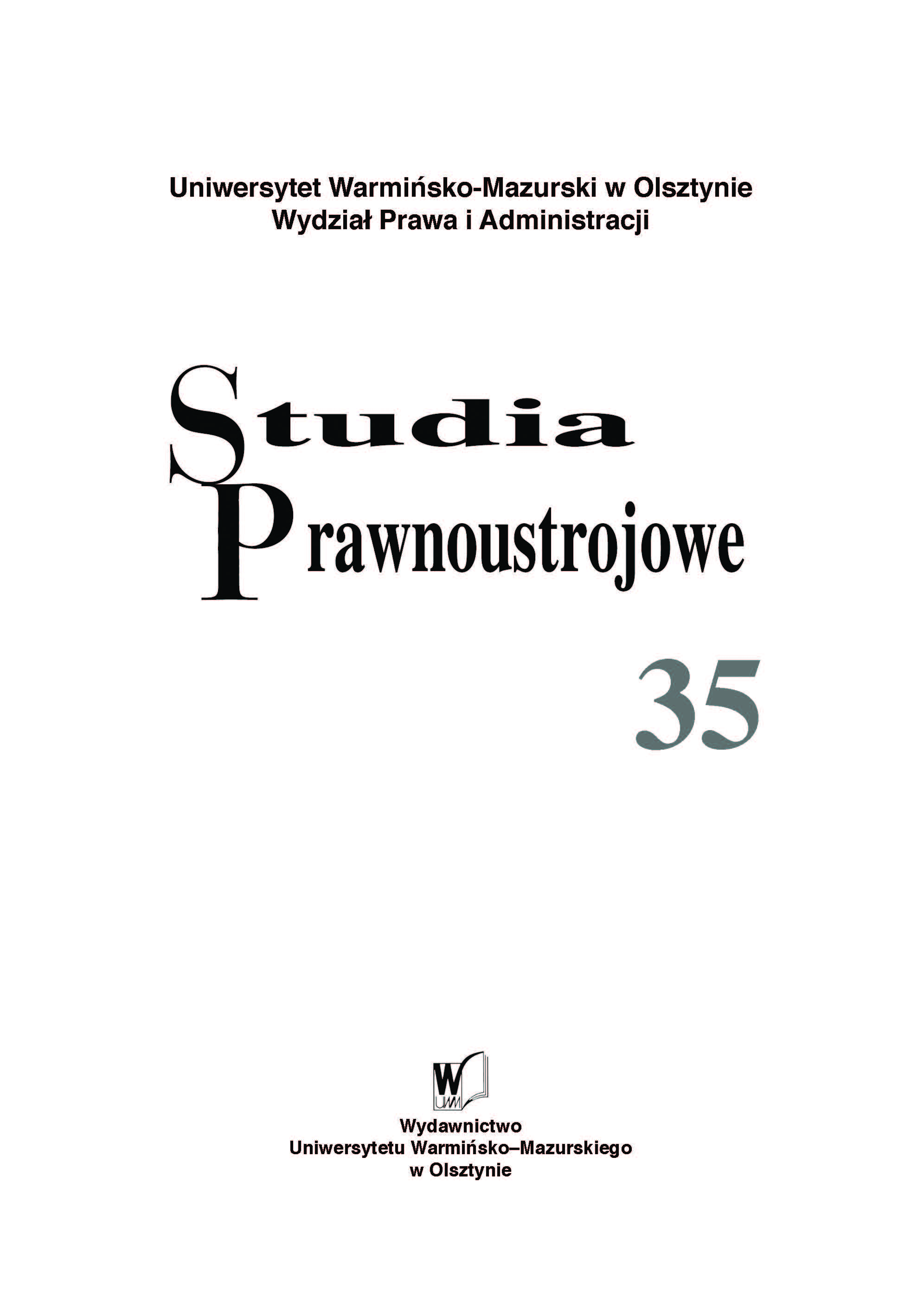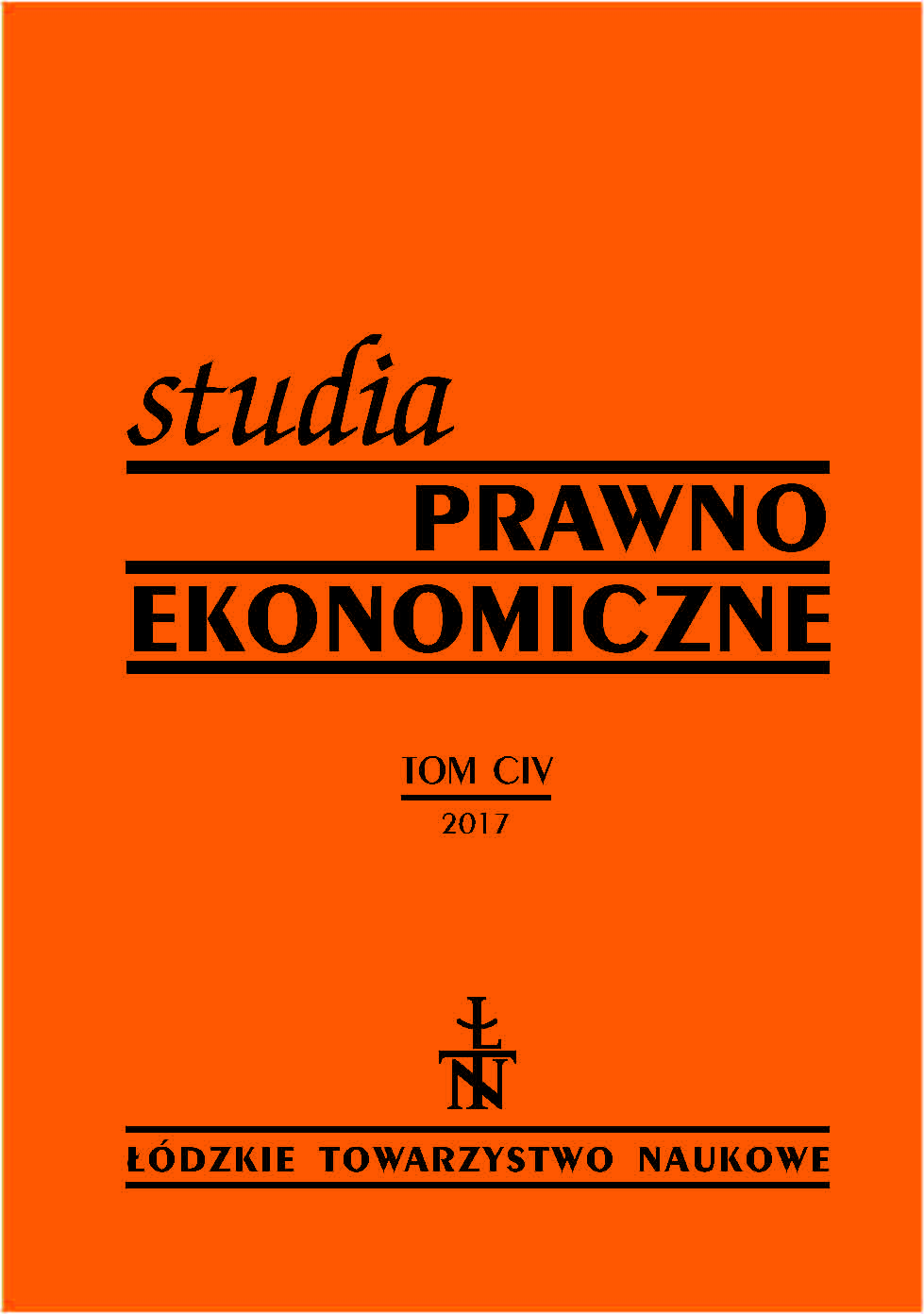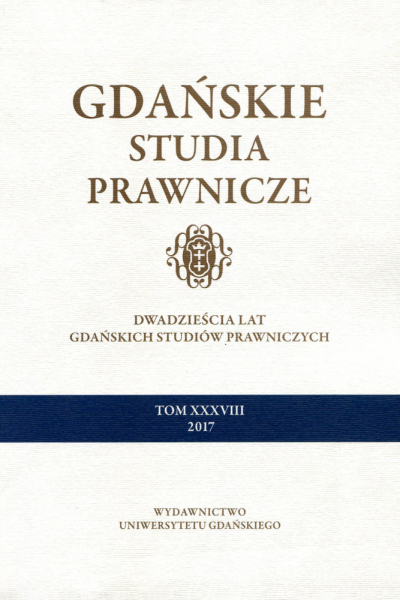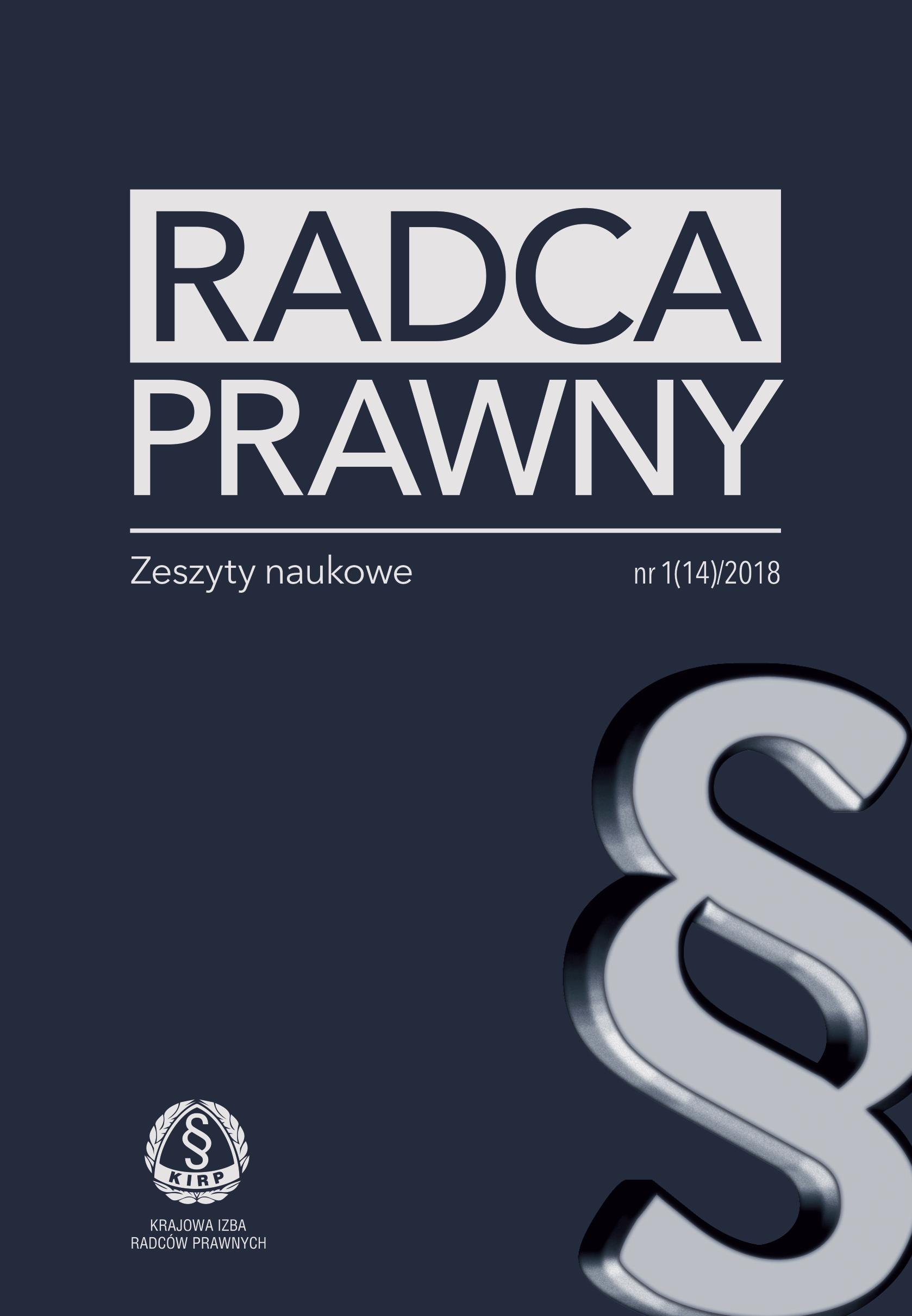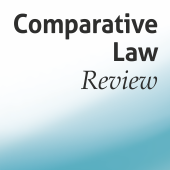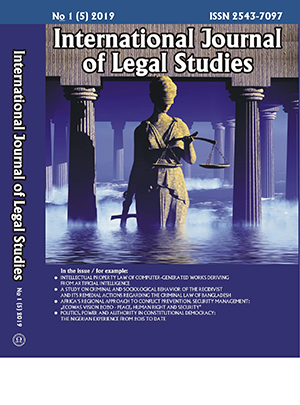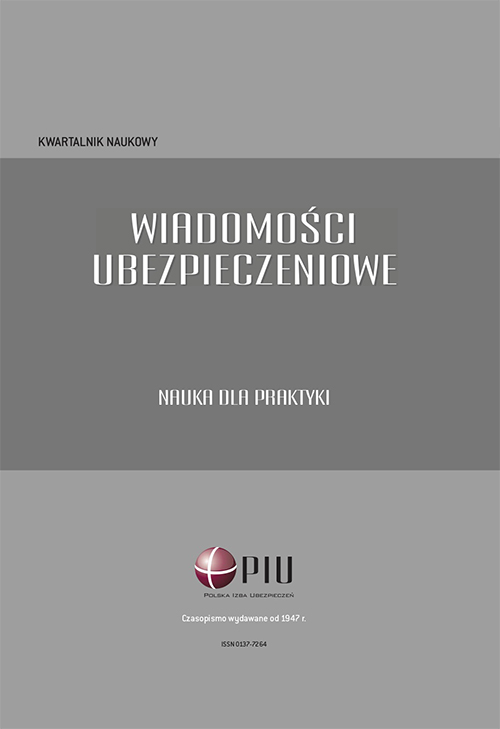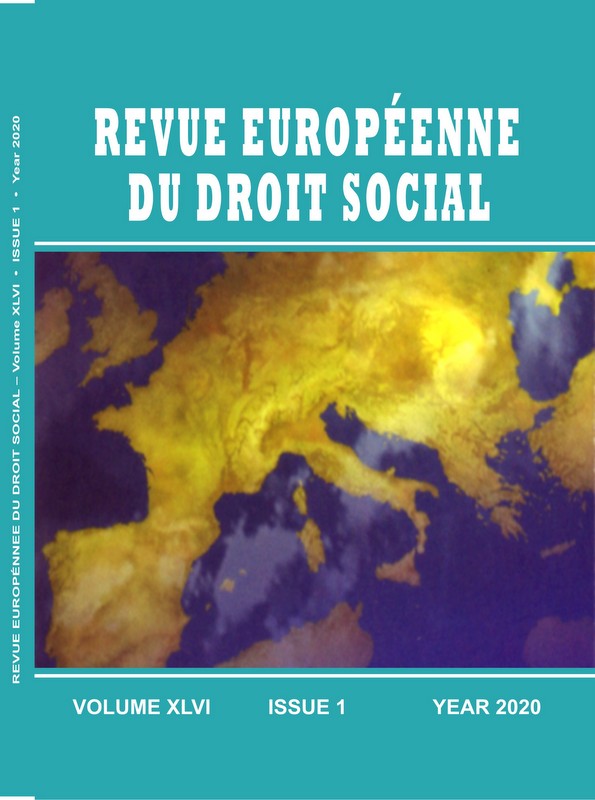The Termination of Administrative Contracts in the Romanian and French Law
Abstract: The overall objective of this paper is to present a topic of great interest for the present activity of the public administration that emphasizes the contractual procedures as a vital aspect of entrepreneurial governance. Thus, this article is devoted to a summary of the results of an exploratory research on the conditions for termination of administrative contracts. This study analyzed the conditions under which the administrative contracts can be terminated in the Romanian and French law. The analysis using the comparative method based on a descriptive documentary research, emphasizing the particularities of termination in administrative law in relation to private law. The research is finally recovered by „e lege ferenda” proposals which should, in our oppinion reflected in future of the Romanian Administrative Procedure Code. The study is first research in this field in Romania and respond to concrete problems arising in the practice of public administration. The work will have significant implications and for researchers of the administrative phenomenon that in future studies will deepen the problems analyzed here. The work captures doctrinal opinions expressed in comparative law and comes with new legal reasoning to support the research for the juridical institution of the administrative contracts termination.
More...
